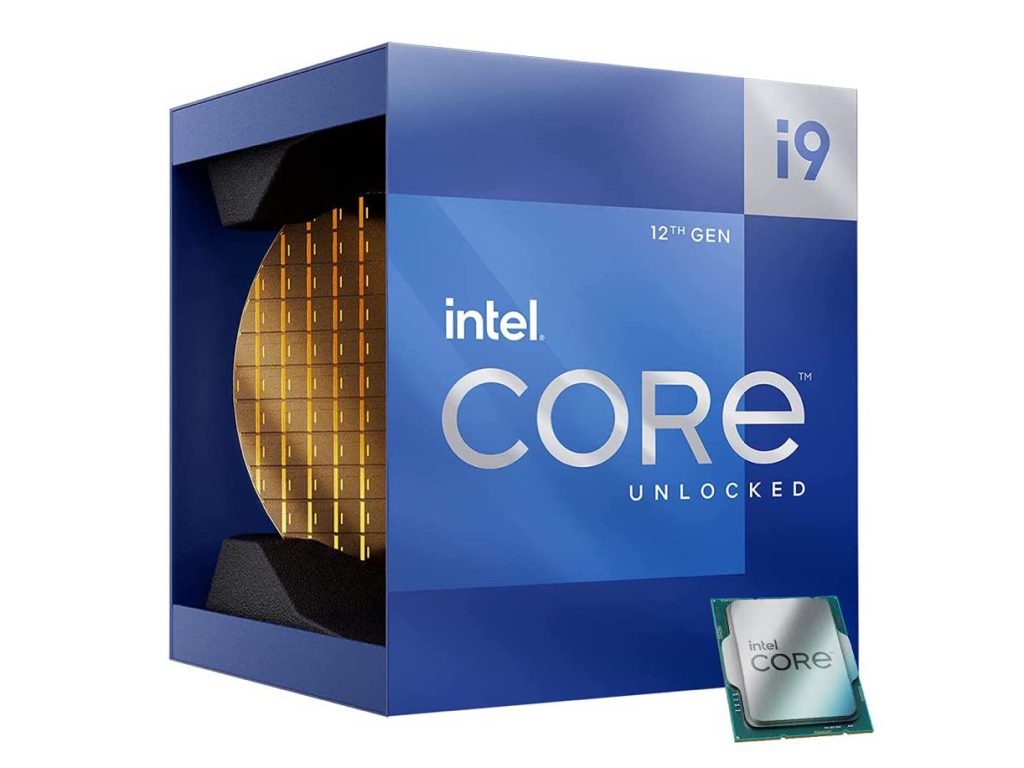This morning a few hours ahead of the embargo lift for Intel Alder Lake reviews, Gigabyte Aorus published an impressive seeming overclocking result, claiming to have reached 8GHz on the Core i9-12900K. The embargo for Alder Lake has since lifted, allowing more people to talk freely about performance and it has quickly become clear that this 8GHz result was faked.
This afternoon, Doc TB, the developer behind the CPU-Z validator, explained that in the weeks ahead of Alder Lake's launch, overclockers discovered a bug which would report impossibly high results, some in excess of 10GHz. Intel quickly worked to patch this issue with a microcode update, and in turn, CPU-Z was updated with additional checks.
Following these fixes, the majority of overclockers working directly with motherboard vendors were reporting real results in the neighbourhood of 7.4GHz to 7.5GHz on the high-end. With that in mind, Gigabyte and HiCookie's 8GHz result stands out as odd.
As it turns out, while the initial bug was fixed and the CPU-Z validator should have invalidated the reported 8GHz result, an overclocker with access to the motherboard BIOS source code could still exploit the issue and avoid CPU-Z's additional checks to obtain a positive validation result on a bugged overclock.
Renowned overclocker, Der8auer, has already discussed this situation in a video, adding that HWBot will be implementing checks for results that exploit the validation bug and will likely issue lifetime bans to those who attempt to submit bugged results.
KitGuru Says: Unfortunately it would seem that the 8GHz overclock reported this morning was fake. For extreme overclocking, currently the limit for the Core i9-12900K sits closer to the 7.5GHz mark, as supported by other overclockers in the community.
 KitGuru KitGuru.net – Tech News | Hardware News | Hardware Reviews | IOS | Mobile | Gaming | Graphics Cards
KitGuru KitGuru.net – Tech News | Hardware News | Hardware Reviews | IOS | Mobile | Gaming | Graphics Cards



